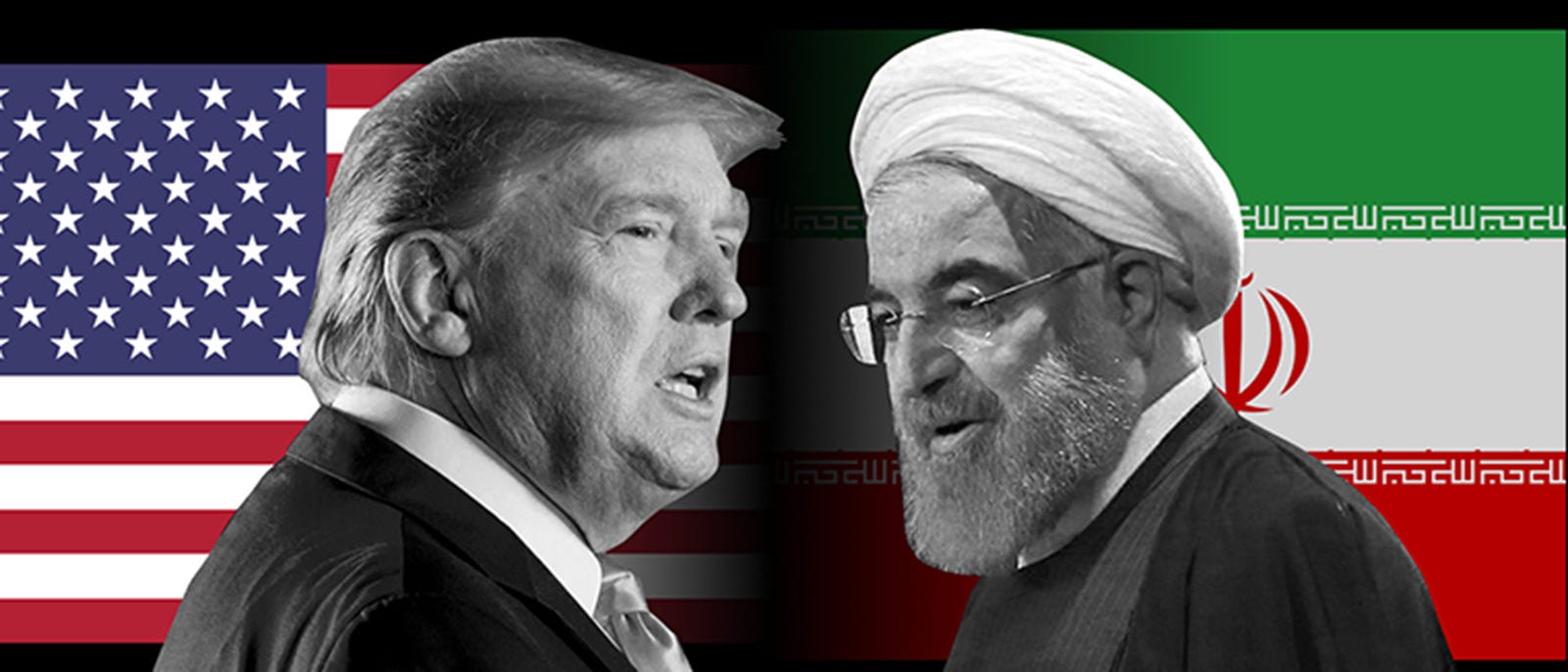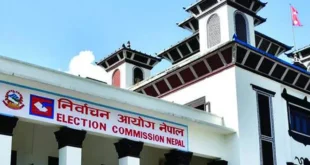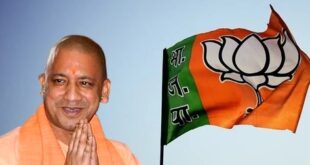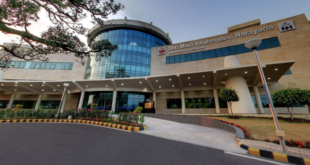
ASHISH KRISHNA
The tussle between Iran and U.S has been a long one. What we see today is essentially a culmination of developments which happened over a century now. The oil gas fields of Iran in the starting of the 20th century were under the British control and West was heavily dependent on Middle East for the crude. In 1951, Mohammed Mossadegh became the Prime Minister and tired of the western hegemony on Iranian crude and internal affairs, nationalised the natural resource. Rattled by the nationalisation of oil fields, western forces, primarily U.S and Britain orchestrated a coup to overthrow the democratically elected Prime Minister Mossadegh. CIA and MI6, the external intelligence wings of the two countries were instrumental in staging the coup. Post-coup, U.S helped Iran’s monarch Mohammed Reza Pehlavi to sit on the throne as a western proxy. Iranians resented the foreign intervention, fueling anti-American sentiments in the country for decades to come. This sentiment has further aggravated because of recent U.S posturing.
US also signed a civil nuclear cooperation agreement with Shah’s regime which had the provisions for providing Iran with technology and resources that eventually led to foundation of its controversial nuclear program. It began in 1970s with pro-active support from the U.S. Meanwhile, the rage against the Shah rose among the public and millions took to streets to protest against the Shah’s regime. The liberals were against him for his authoritarianism and the Islamists were against him for his modernisation agenda. Finally Shah had to flee Iran and Ayatollah Khomeini, an Islamic scholar returned from exile and became the supreme leader of the Islamic Republic.
Since Iran becoming a theocracy, there has been no formal diplomatic relations between Iran and the U.S till this day. Moreover the anti-U.S sentiment has further risen amongst average Iranians. The points of contention and the stand-off between the two are many- control over Iranian crude, political interference of U.S in Tehran, Tehran’s desire to be nuclear powered and influence over middle-east. There are various power vectors in middle-east- Israel, Saudi Arabia and Iran. Israel and Saudi, both are American allies in the region. However all three, Saudi, Israel and Iran are staunch foes of each other. Iran is primarily a Shia regime which is seen as an instrumental bulwark against the Saudi’s Sunni regime by various establishments. Hence, the rise of Iran as a nuclear power is seen as geo-political catastrophe by U.S, Saudi led coalition and Israel. In addition, Iran is neither a democracy and has been tagged under ‘Axis of evils’ by erstwhile U.S President George W. bush.
Temporal De-escalation
President Obama’s for a temporal frame de-escalated the tension and tussle between the Iran and West. He successfully lowered down the economic sanctions and brought Iran to table for nuclear talks. P 5+1 (U.N Security Council members plus Germany) along with Iran played an instrumental role in stalling the Iran’s nuclear enrichment programme. IAEA (International Atomic Energy Agency) was entrusted with harmonising Iran’s nuclear programme as per P 5+1 agreement so that nuclear enrichment can only occur till peaceful energy generation levels.
Various facilities were identified by IAEA which were enriching uranium to reach weapon grade fissile material, all such facilities and reactors were neutralised. Internationally, it was perceived that the normalcy has returned. Things changed when Donald Trump, a republican candidate became the U.S President. He unilaterally pulled U.S out of the nuclear agreement and imposed fresh rounds of sanction. It has been actively pursuing the policy of ‘Maximum Pressure’ to coerce Iran to toe to it’s line. This has rattled Iran and it vowed to attain nuclear grade uranium and the nuclear arsenal at the earliest.
Recent Flashpoint
The conflict has been further aggravated due to continuous stand-off between U.S and Iran. At times the conflict theater is the Persian gulf where, Iran manages to bomb the Saudi’s oil field and at times it’s in Iraq or Syria where Iran backed militias such as Hezbollah stage attacks on U.S troops following retaliation by latter. Recent flash point has been Pentagon admitting to killing of the IRGC’s top commander Qasem Soleimani in Iraq, a foreign territory. Soleimani was among’st the most powerful Iranian leaders and a blue-eyed boy of Ayatollah Khomeini.
Khomeini has termed the the death of Soleimani as a national loss. Soleimani’s popularity can be rightly gauged with the stampedes that have been caused because of huge gatherings his funeral attracted throughout Iran. Iran’s national assembly in response has declared the U.S forces as a terrorist organisation. Iran in haste shot down a Ukrainian passenger flight killing hundreds of passengers. The entire event has caused shivers amongst the international community and nations across the globe has called for both Iran and U.S to exercise restraint. Certain geo-political analysts have gone to the point of putting forth that if not de-escalated, the conflict has the potential of initiating the world-war.
What it holds for India?
India has substantial interests in middle-east. The region has significant Indian diaspora and conflict like situation in the region is a major worry. It should be remembered that how Operation Rahat was carried out to evacuate the Indians from the region in the past. Secondly, any conflict in the region severely compromises the Indian energy security thereby affecting the Indian economy. Rising dollars per crude barrel is one of the major causes of concern for the Indian economy.
However, of late India’s foreign policy paradigm has evolved considerably and India has been able to exercise it’s strategic autonomy in a profound manner. Soon after the Soleimani’s death, Indian Foreign Minister called on his counterparts in Iran, U.S, Israel, Saudi, U.A.E followed by press release by the foreign office thus affirming it’s neutrality. Iran has itself called upon India to mediate in the matter. The region is of immense Geo-political significance to India and it enjoys goodwill from all the countries in the region. The Indian strategic autonomy has led it to engage with Israel and Palestine or Saudi and Iran simultaneously without taking sides. India should leverage it’s international goodwill in coming times so as to restore normalcy in the region. In addition, India should bring on board like-minded nations such as China and Russia to resolve the conflict.
Horrors of world-wars have been adequately chronicled by humanity and if we are still not learning from these chronicles then we are destined to be doomed. The world cannot afford another world war hence it should be the responsibility of all the nations and world leaders to diffuse the tension between the two countries. Middle-east connects east to the west, also it is still the major source of world’s energy. Any mishap in the region will be catastrophic for the world peace and prosperity.
 Jubilee Post News & Views
Jubilee Post News & Views




